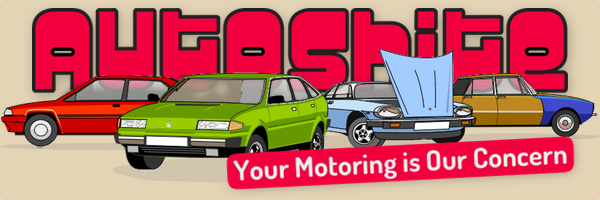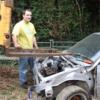Historical novel help: different sort of project
-
Similar Content
-
Masters Historic Festival, Brands Hatch
By Snipes,
- 9 replies
- 369 views
-
My projects.
By Pauly.22,
- 10 replies
- 1,032 views
-
Project 330Ci 1 2
By NorthernMonkey,
- 52 replies
- 4,514 views
-
Secret Santa 2024 Everyone sorted ??? 1 2 3 4
By 95 quid Peugeot,
- 112 replies
- 10,156 views
-
- 515 replies
- 58,144 views
-






Recommended Posts
Create an account or sign in to comment
You need to be a member in order to leave a comment
Create an account
Sign up for a new account in our community. It's easy!
Register a new accountSign in
Already have an account? Sign in here.
Sign In Now